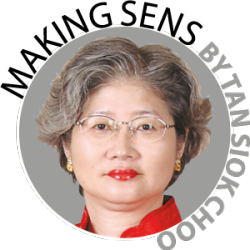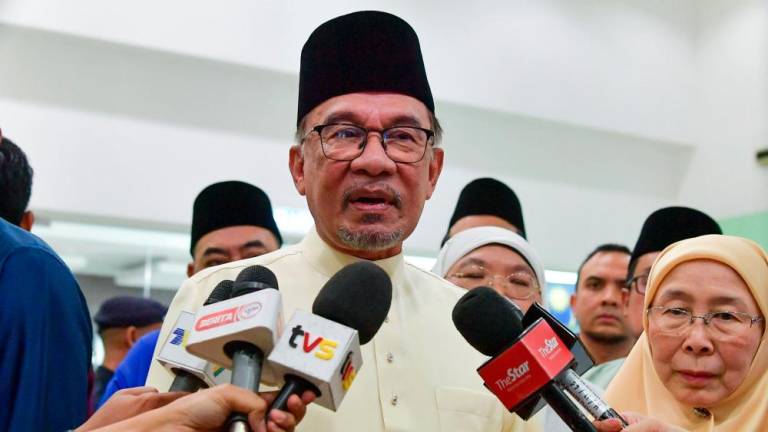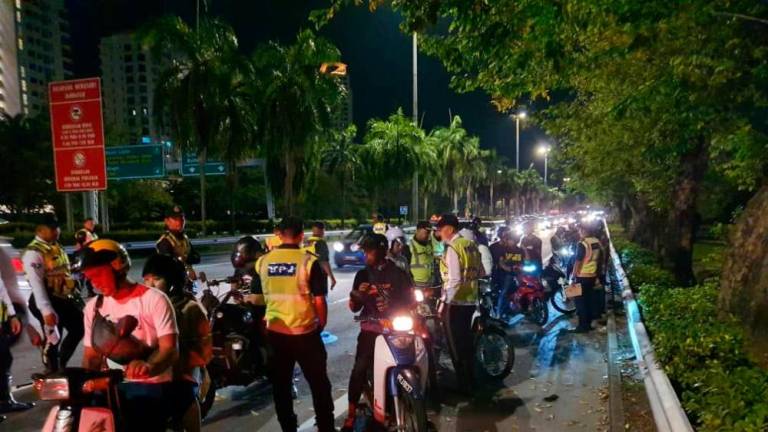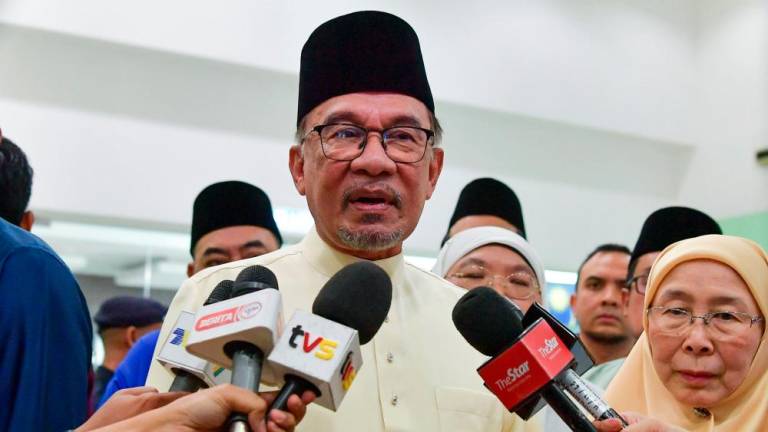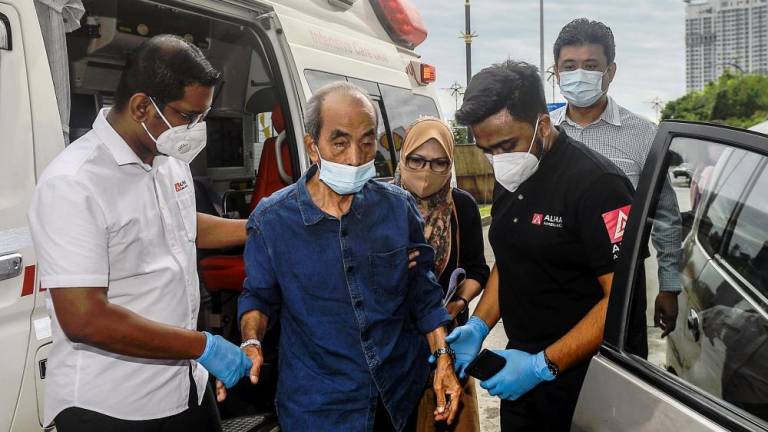DESPITE saturation coverage in Malaysia about the increasing number of Covid-19 cases, the death toll and the movement control order (MCO), English-language newspapers have overlooked some salient facts.
First, one clutch of daily statistics has been omitted – how many individuals in Malaysia have been tested, the number tested as a percentage of total population and how this compares regionally and globally.
Without this data, it isn’t possible to assess how safe it is to lift the MCO – either partially or totally – scheduled to end on April 28.
As at April 21, Worldometers’ data shows Malaysia has conducted 108,216 tests or only 0.3% of the population in this country. Although Singapore has conducted only 94,796 tests, its rate of testing is a significantly higher 1.6%.
Second, South Korea and Germany are role models in handling the pandemic. Both countries ran tests early and extensively and were extremely proactive. The end result is the fatality rate in both countries is among the lowest worldwide.
According to the timeline by the World Health Organisation (WHO), on Dec 31 last year, China reported a cluster of Covid-19 cases in Wuhan. Thailand was the first country outside China to confirm a Covid-19 case on Jan 13.
South Korea reported its first suspected case on Jan 8 and on Jan 16, the country stepped up screening for all individuals who had visited Wuhan.
On Jan 28, Germany confirmed its first case in Stockdorf, a town in Bavaria. German authorities identified the woman from Wuhan, who had infected the patient. With the help of electronic diaries, all the woman’s contacts were traced and quarantined. By mid-March, Bavaria closed down public life.
Worldometer data shows Germany has carried out 1.7 million tests, the second-highest number after the 4 million in the US. On a percentage basis, Germany’s rate of testing was 2.1% – far higher than the 1.2% in the US.
Among East Asian countries, South Korea has administered the highest number of tests – 571,014 tests or 1.1%.
Third, massive testing is meaningless if a highly vulnerable cohort was omitted.
Singapore is a case in point. Until recently, it had a low number of cases compared with Indonesia, the Philippines, Thailand and Malaysia. Only when the island republic began to test foreign workers did the number of cases skyrocket.
Foreign workers are highly vulnerable because they “live in densely-packed dormitories – typically 10 to a room”, Kentaro Iwamoto wrote in his Nikkei Asian Review article titled “Singapore’s coronavirus spike sends world a wake-up call”.
At the time of writing, Singapore had 9,125 cases. The republic recorded 942 new cases last Saturday (April 18), followed by 596 cases on Sunday and a jaw-dropping 1,426 new cases on Monday. This three-day tally propelled Singapore to pole position among Asean countries.
Criticising the authorities for their slow reaction, opposition politicians pointed out the first migrant worker with coronavirus was detected in February, Iwamoto reported.
Fourth, also noteworthy is the number of deaths.
Germany and the UK are a study in contrast. Although Germany’s 147,065 cases exceed the UK’s 124,743 cases, fatalities in the former total 4,862 – almost 70% lower than the UK’s 16,509 deaths. Germany’s comprehensive testing, tracing and quarantine measures kept the death toll low.
Sixth, those who have recovered from the coronavirus can be infected again. Several South Korean cases found patients who recovered from Covid-19 later tested positive for the virus, an AFP article says.
In Malaysia, national hammer thrower Jackie Wong’s testing for the coronavirus offers a thought-provoking pointer. According to newspaper reports, he tested positive twice and was hospitalised. Although his third test result was negative, his subsequent five tests results were positive.
Seventh, research is still under way to discover a treatment for Covid-19.
In the US, potential therapies include new antivirals, older antivirals to fight HIV, anti-inflammatory drugs for rheumatoid arthritis, stem cell therapies, antiparasitic drugs for malaria and head lice as well as treatments for erectile dysfunction.
Eighth, a key factor for Germany’s low number of deaths is confidence in Chancellor Angela Markel’s leadership. A trained scientist, Merkel’s strict social distancing measures – crucial to slowing the pandemic – met little political opposition, were broadly followed and her approval ratings soared.
Another example is the recent landslide victory of South Korean President Moon Jae-in’s Democratic Party (DP). Despite a lacklustre economy, stalled talks with North Korea and newsworthy political scandals, DP and its ally won 180 seats in the 300-seat Legislative Assembly. This largest-ever parliamentary majority was due to voter approval of Moon’s handling of the pandemic.
Opinions expressed in this article are the personal views of the writer and should not be attributed to any organisation she is connected with. She can be contacted at siokchoo@thesundaily.com



